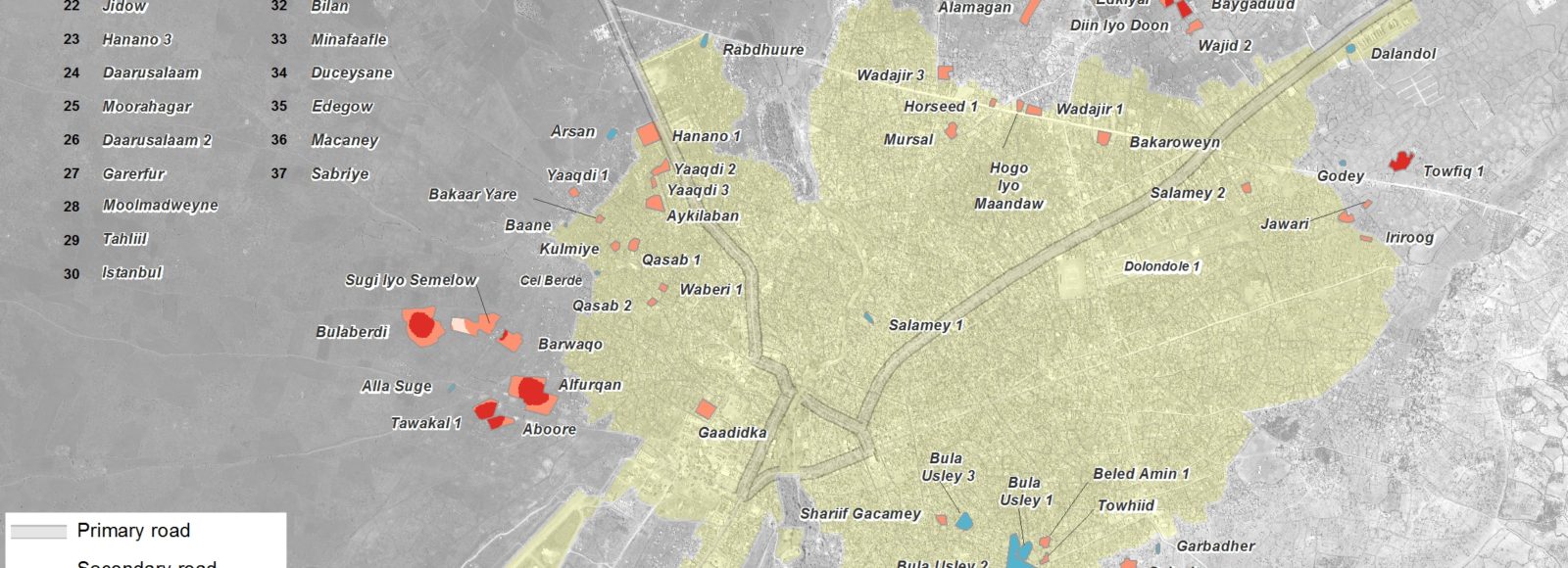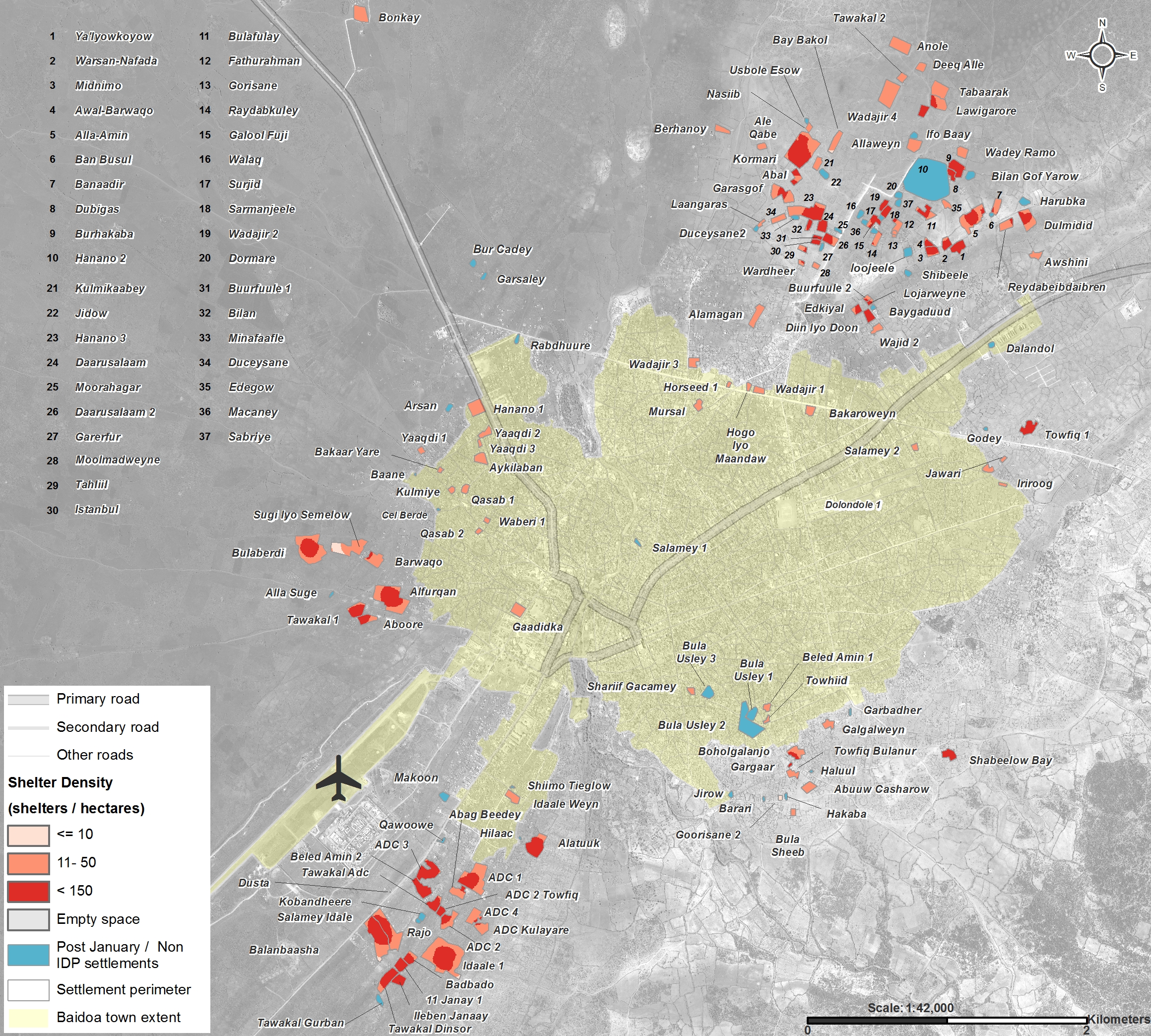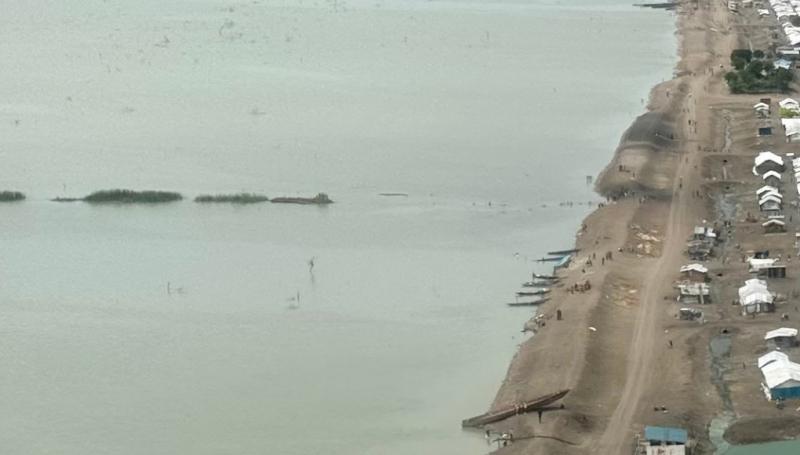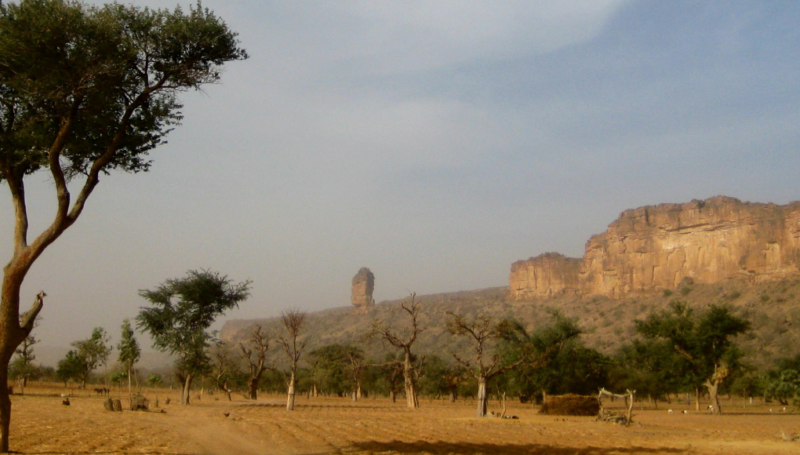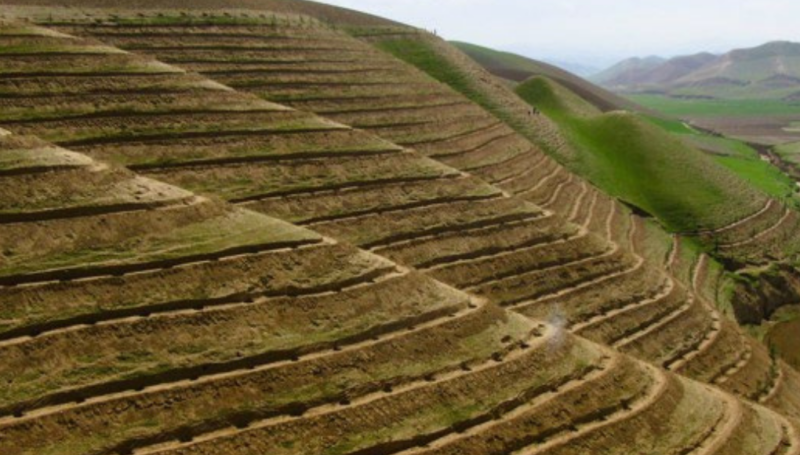Several seasons of consecutive poor and failed rains in Somalia have affected pastoral and agro-pastoral communities negatively, forcing them to travel vast distances to find water and grazing land for themselves and their affected animals. Since January 2017, populations have been displaced to Baidoa district in increasing numbers and have resulted in the development of new informal IDP settlements around Baidoa Town.
In order to inform humanitarian planning and service delivery in informal IDP settlements, OCHA triggered a series of assessments of the main IDP settlements in Somalia, in partnership with REACH. As part of this response, the Baidoa IDP settlement assessment was requested from humanitarian partners to provide up-to-date information on the situation in the IDP settlements, as a result of the increase in displaced populations in Baidoa since January 2017. With the support of EU humanitarian aid and the Office for Development Assistance (OFDA), REACH assessed 168 IDP settlements across Baidoa, carrying out 639 household interviews, 168 key informant interviews, facility mapping and spatial analysis.
Assessment findings highlight severe humanitarian needs, in particular in terms of food, water and shelter across IDP settlements in Baidoa. Food security is one of the most major concerns in Baidoa IDP settlements, with 50% of the assessed households having a poor food consumption score and only 14% of the households reporting to consume vegetables at least once a week. The findings also corroborate the high ranking of shelter assistance as a priority need for households in the increasing displacement crisis, being cited by 82% of households. A considerable number of households reported to live in emergency (57%) or temporary (27%) shelters. The findings highlighted high rates of households with poor NFI scores (80%) and little access to sanitary and hygiene items. This may result in poor health and sanitation among IDP households, and induce heightened vulnerabilities during the wet season. The findings therefore call for the humanitarian community and local authorities to prioritize sufficient improvements of services, food provision and shelters in Baidoa IDP settlements.
More targeted settlement assessments will be conducted by REACH in coordination with the Camp Coordination and Camp Management (CCCM) Cluster, to ensure that humanitarian needs and trends in population movements are followed-up and information shared to allow for targeted action by all involved stakeholders.
Access more detailed findings in the Baidoa IDP Settlements Assessment Report and related Factsheets.





